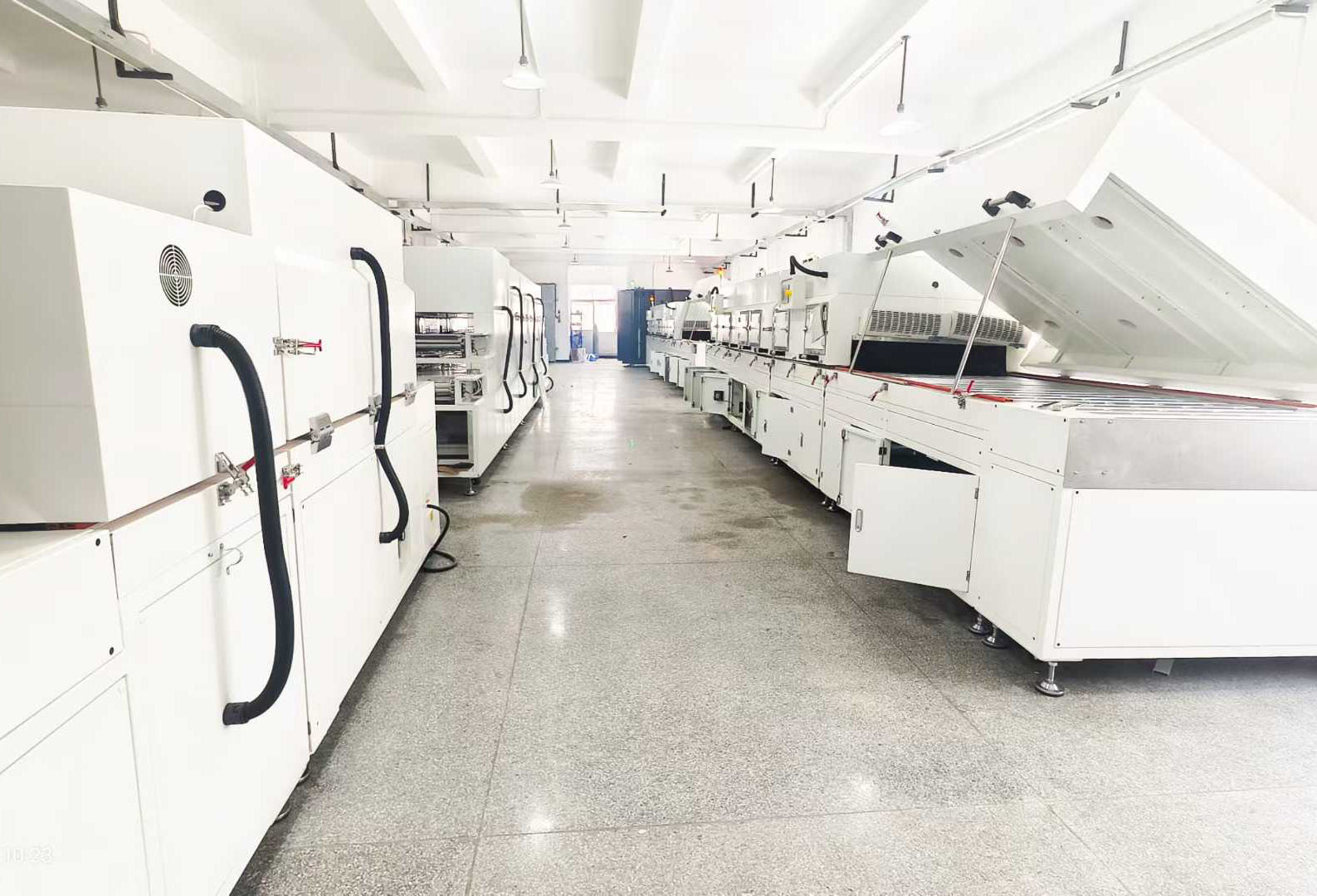 Esperanto
Esperanto
 Shqiptare
Shqiptare
 Euskara
Euskara
 Zulu
Zulu
 Latinus
Latinus
 Cymraeg
Cymraeg
 தமிழ்
தமிழ்
 Slovak
Slovak
 Slovak
Slovak
 Afrikaans
Afrikaans


28
2025
-
08
Tunnel Ovens: A "Heat Processing Tool" Enabling Efficient Production in Multiple Industries
With the growing demand for scale and efficient production in modern manufacturing, baking equipment with batch processing capabilities is playing an increasingly important role. Consequently, tunnel ovens are increasingly widely used in industries such as new materials, electronics, chemicals, and ceramic metallurgy.
Tunnel ovens are shaped like a long, narrow tunnel. Products are continuously transported through the oven's different temperature zones via a conveyor belt (mesh belt, chain plate, etc.), completing a series of process steps, including preheating, heating, baking, and cooling.
Advantages of Tunnel Ovens:
Excellent Production Efficiency and Continuity
Unlike the "batch" operation of traditional vertical ovens, tunnel ovens achieve true assembly line operation. Products are continuously fed in and out without interruption, significantly increasing output per unit time and significantly reducing unit production consumption and labor costs.
Highly automated and controllable processes
Tunnel ovens integrate seamlessly into automated production lines. Simply set parameters such as conveyor speed, temperature in each zone, and air flow speed, and the equipment automatically completes all operations, significantly reducing human intervention, operational complexity, and quality risks.
Flexible Adaptability and Wide Applicability
By adjusting the furnace length, width, conveyor method, and number of temperature zones, tunnel ovens can be tailored to accommodate products of varying shapes, specifications, and process requirements, from thin, crisp wafers to thick, heavy billets. This demonstrates exceptional flexibility.
Widely Used in Various Industries
Electronic and Chemical Industries: Used for pre-baking and curing printed circuit boards (PCBs), drying lithium battery electrodes, shrinking thin film materials, and drying various powdered and granular chemical products.
Ceramics and Metallurgy: Used for low-temperature debinding and drying of ceramic billets, preheating metal workpieces, and post-sintering treatment of powder metallurgy.
Pharmaceuticals and Textiles: Used for drying and curing pharmaceutical coated tablets, as well as heat setting, dyeing, and drying textile fibers.

Conclusion
Tunnel ovens are more than just simple heating equipment; they exemplify the intelligent, continuous, and standardized production capabilities of modern industry. Through technological integration and innovation, they transform heat into stable and controllable productivity, continuously empowering various industries.

Add
No.5 Str. 3 Yinsha Rd., Shabian village Xiabian community, Changan Town, Dongguan City, Guangdong Province, China

这里是标题一h1占位文字


Add
No.5 Str. 3 Yinsha Rd., Shabian village Xiabian community, Changan Town, Dongguan City, Guangdong Province, China
Copyright © 2023 Guangdong Yuanyao Test Equipment Co., Ltd. All Rights Reserved Powered By: www.300.cn SEO
Share







